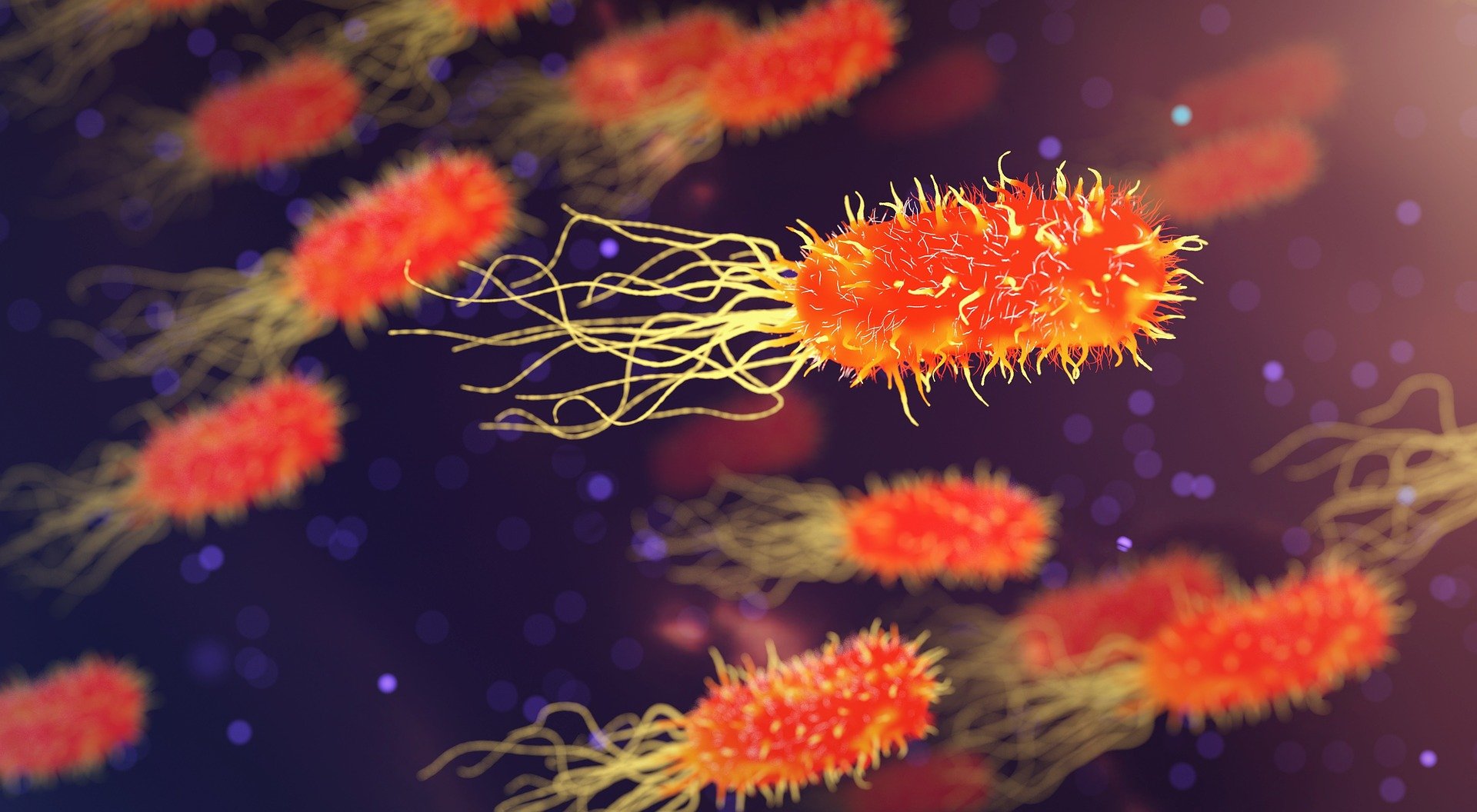Galactose as a therapeutic sugar alternative for Alzheimer’s dementia?
It has been known for quite some time that a disturbance in blood glucose and insulin metabolism plays a central role not only in diabetes, but also in Alzheimer's disease. When insulin, which is important for glucose utilization, can no longer work properly due to missing or damaged insulin receptors, the so-called insulin resistance occurs. This also applies to the brain, where it is called cerebral insulin resistance. If this occurs, our central nervous system may experience an energy deficiency despite high glucose levels in the blood. The resulting starvation state of the brain gradually leads to the cessation of its specific functions and the death of brain cells, which is particularly noticeable in the impairment of memory. Therefore, maintaining or restoring the energy metabolism of the brain is of crucial importance, especially at the beginning of Alzheimer's disease.












